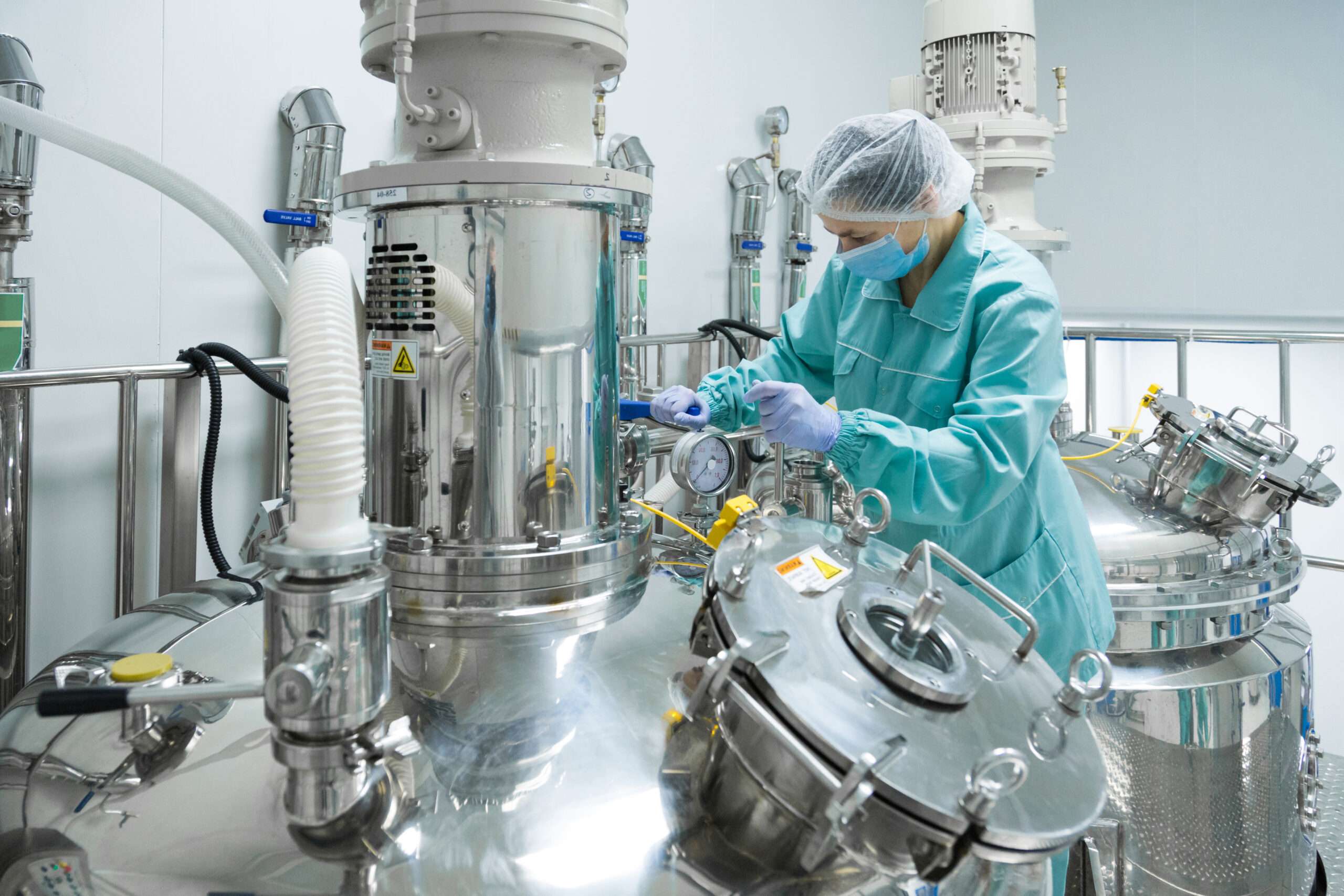In the highly regulated pharma sector, companies often struggle with documentation errors, compliance gaps, and audit failures. This is where a strong QMS in the Pharmaceuticals industry (Quality Management System) becomes essential. A well-implemented QMS ensures product quality, patient safety, and full regulatory compliance. In this blog, you’ll learn what QMS means, why it matters, its core components, real-world applications, and how JD Pharma Consultants, a leading pharma consultancy in Indore and a reputed Pharma consultancy company in India, helps companies build compliant and efficient QMS. If you’re looking for Pharmaceutical Plant Documentation in India, this guide will also help you understand how documentation fits into the QMS framework.
What is QMS in the Pharmaceuticals Industry?
A Quality Management System (QMS) in pharma is a structured framework that ensures every process—from raw material procurement to product release—meets regulatory requirements and quality standards. It acts as the backbone of GMP (Good Manufacturing Practices), helping companies maintain consistency, reduce risks, and achieve regulatory approval.
Importance of QMS in the Pharmaceuticals Industry
A strong QMS is not just a regulatory requirement; it is essential for:
- Ensuring patient safety
- Maintaining product quality
- Meeting WHO, GMP, and regulatory standards
- Avoiding production failures and recalls
- Better documentation and traceability
Key Components of QMS in the Pharmaceuticals Industry
1. Quality Manual and Policies
This document outlines the company’s quality objectives, processes, and commitment to compliance.
2. SOPs (Standard Operating Procedures)
SOPs guide employees on how to perform tasks correctly. Real-World Application: During audits, SOPs are the first documents reviewed by inspectors.
3. Pharmaceutical Plant Documentation
Accurate documentation is a cornerstone of QMS. JD Pharma Consultants offers complete Pharmaceutical Plant Documentation in India, ensuring GMP-compliant records.
Documentation includes:
- Batch Manufacturing Records (BMR)
- Validation Reports
- Calibration & Maintenance Records
- Change Control Documentation
4. Risk Management
Risk assessment tools like FMEA, HACCP, and RCA help identify failures before they occur.
5. Training and Competency Management
Employees must be trained in SOPs, GMP, safety, and operational procedures.
A strong system maintains:
- Training schedules
- Competency evaluations
- Retraining requirements
6. Change Control
Every modification in equipment, materials, or processes must go through a structured change control process to avoid risks.
7. Quality Audits
Internal and external audits ensure continuous compliance.
Example: Many companies fail audits due to incomplete documentation.
8. CAPA (Corrective and Preventive Action)
CAPA helps companies solve recurring problems and prevent future issues.
Benefits of Implementing a Strong QMS in the Pharmaceuticals Industry
- Zero Defects & Fewer Complaints
- Smooth & Successful Audits
- Faster Regulatory Approvals
- Increased Efficiency & Reduced Operational Costs
- Better Market Reputation & Compliance Confidence
How JD Pharma Consultants Supports QMS in the Pharmaceuticals Industry
As a trusted Pharma consultancy company in India and experienced pharma consultancy in Indore, JD Pharma Consultants specialize in:
1. QMS Development & Implementation
Creating QMS tailored to pharma manufacturing, R&D, packaging, and QA operations.
2. Pharmaceutical Plant Documentation in India
Complete GMP documentation services including:
- SOPs
- Validation protocols
- Qualification documents
- Audit preparation documentation
3. Gap Assessment & Compliance Upgradation
Identifying gaps in existing QMS and aligning them with regulatory guidelines.
4. Pharma Audit Support
Support for regulatory audits (FDA, WHO, GMP, ISO).
5. Training for Employees
GMP training, QMS training, documentation training, and more.
QMS in the Pharmaceuticals Industry: Step-By-Step Implementation Guide
Step 1: Define Quality Policy
Create a clear quality statement aligning with regulatory requirements.
Step 2: Plan & Structure the QMS
Establish QMS processes, manuals, and documentation templates.
Step 3: Develop SOPs & Work Instructions
Ensure every process has an SOP and employees follow them.
Step 4: Train the Workforce
Regular training ensures compliance and prevents operational errors.
Step 5: Implement Risk Management Tools
Identify, evaluate, and mitigate risks in all processes.
Step 6: Conduct Internal Audits
Internal audits help strengthen the system and prepare for regulatory inspections.
Step 7: Review & Improve
Regular management review ensures continuous improvement.
FAQ: QMS in the Pharmaceuticals Industry
1. What is QMS in the Pharmaceuticals Industry?
A QMS is a structured system that ensures product quality, regulatory compliance, and patient safety.
It manages documentation, processes, risk, and training in pharma operations.
2. Why is QMS important for pharmaceutical companies?
It helps maintain GMP standards, reduces errors, and supports smooth audits.
A strong QMS ensures consistent quality and minimizes production risks.
3. What documents are required in a pharma QMS?
Key documents include SOPs, validation reports, batch records, and training files. These documents ensure traceability, compliance, and proper quality control.
Conclusion
A robust QMS in the Pharmaceuticals industry is essential for consistent manufacturing, regulatory compliance, and patient safety. When designed and implemented correctly, it enhances operational efficiency, minimizes risk, and boosts product quality. If you need expert support for Pharmaceutical Plant Documentation in India, QMS setup, or full GMP compliance, JD Pharma Consultants is here to help. Ready to improve your QMS and ensure complete GMP compliance? Contact JD Pharma Consultants today and strengthen your pharmaceutical operations with expert guidance!



